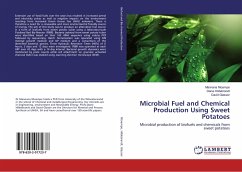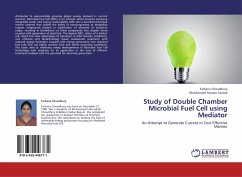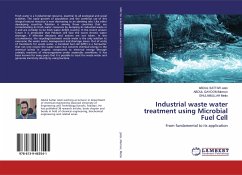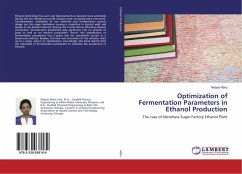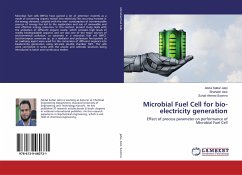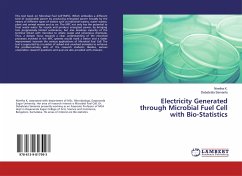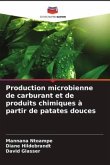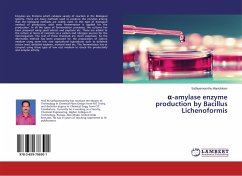Extensive use of fossil fuels over the years has resulted in increased petrol and electricity prices as well as negative impacts on the environment resulting from increased Green House Gas (GHG) emissions. There is therefore a need for a renewable and more environmental friendly source of energy. The aim of this study was to produce an alternative fuel source in a form of biofuels from sweet potato tuber using a laboratory-scale Fluidized Bed Bio-Reactor (FBBR). Bacteria isolated from sweet potato tuber were identified based on their 16S rRNA sequence using colony PCR followed by sequencing. Batch fermentation was operated using M9 minimal growth medium and GP medium and a consortium of the identified bacterial species. Three Hydraulic Retention Times (HRTs) of 6 hours, 3 days and 12 days were investigated. FBBR was operated at each HRT over 42 days with a 14 day interval. Bacterial growth dynamics were monitored by plate counts while cell attachment on granular activated charcoal (GAC) was studied using scanning electron microscope (SEM).
Bitte wählen Sie Ihr Anliegen aus.
Rechnungen
Retourenschein anfordern
Bestellstatus
Storno

